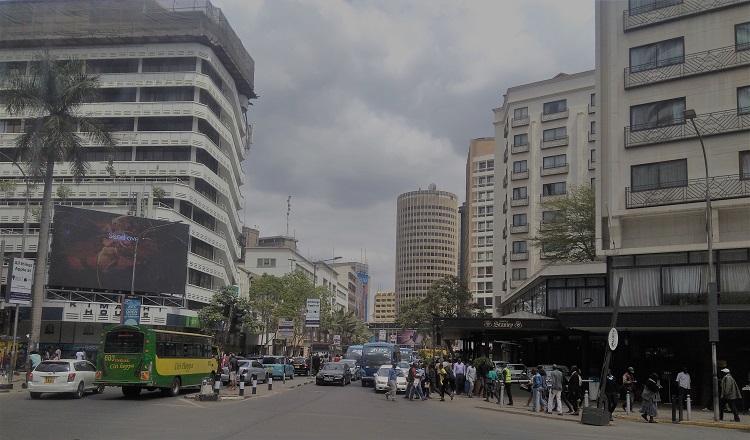Prime office rents in the Nairobi Metropolitan Area are forecast to remain steady with rental yields currently at 8.1%, compared to the real estate market average of 7.4%.
This has resulted in office space supply growing at a 23.6% CAGR between 2012 and 2018. Another factor is the demand from growing Small Micro enterprises (SMEs) and multinationals setting up operations in Nairobi, with Kenya being the regional hub for East Africa.
In 2018, the sector recorded a supply of 9.0 mn SQFT, against a demand of 3.8 mn SQFT, hence an oversupply of 5.2 mn SQFT, resulting in an increase of cumulative office stock by 10.4% to 35.5 mn SQFT in 2018, from 31.5 mn SQFT in 2017 according to Cytonn Real Estate’s latest Nairobi Metropolitan Area Commercial Office Report – 2019 released on Monday.
“We expect the oversupply to increase by 7.6% to 5.6 million square feet in 2019,” the report stated.
RELATED:
Consequently, the situation has created a bargaining chip for potential tenants, forcing developers and landlords to reduce or maintain prices and rents in order to remain competitive and attract occupants to their office spaces.
“Asking rents in 2018 increased marginally by 1.6% to an average of Kshs 103 per SQFT, from Kshs 101 per SQFT in 2017, while asking prices increased by 0.6% to Kshs 12,719 in 2018, from Kshs 12,649 in 2017,” said Juster Kendi, a research analyst at Cytonn.
“Given the expected increase in office space supply and expected stagnation in performance in 2019, we have a negative outlook for the commercial office theme in the Nairobi Metropolitan Area, and thus investment in the sector should be geared to the long-term horizon for gains when the market picks up, “said Johnson Denge, Senior Manager for Regional Markets at Cytonn.
According to the report themed “Tenant Driven Market”, based on research conducted on 9 nodes found Gigiri, Karen and Westlands as the best performing nodes in 2018, recording rental yields of 10.5%, 9.2%, and 9.0%, respectively, attributed to increased demand by businesses and multinational companies due to their proximity to the Central Business District (CBD) and other business nodes, high quality office space and relatively good infrastructure network.
Thika Road and Mombasa Road were the worst performing nodes recording rental yields of 6.7% and 5.8%, respectively, due to the lack of quality offices and the prevalence of traffic snarl-ups that have made them generally unattractive to firms.




